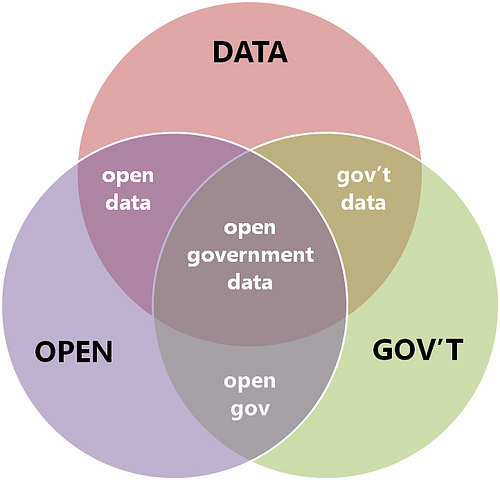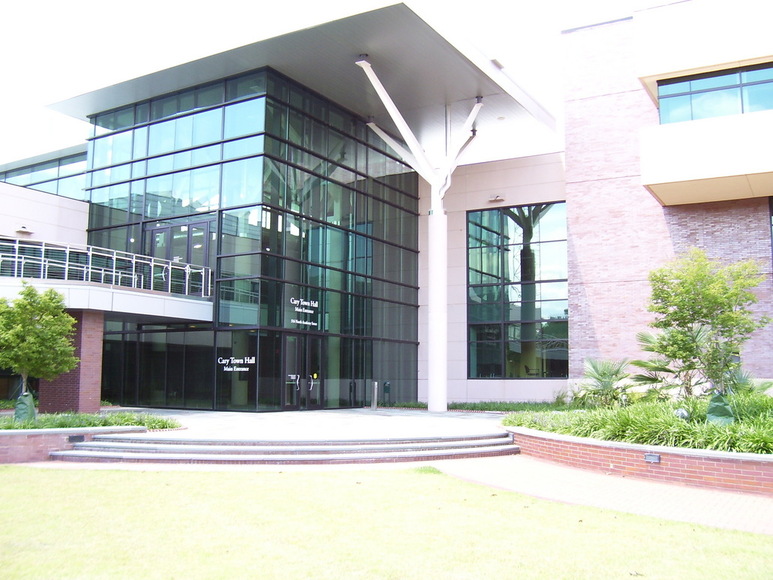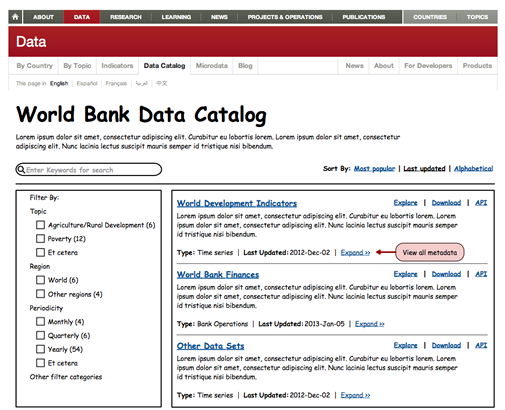"Open" is a Dialog, Not a Competition

Venn Diagram for Open Government / Open Data / Open Gov Data from Nik Garkusha Via Creative Commons Tomorrow is Cary Open Data Day and I will be speaking about open data, policy and open government at this event. The word "open" and the word "transparency" has been used frequently in writing about open data initiatives. So I am thinking what my remarks will be. I am thinking I would like to talk about how open data and anything "open" is really a dialog or a collaboration. How can a single PSA (Public Sector Agency) be open without collaboration with other PSAs? How can citizens drive "open" without government to provide the data? How can the government alone provide "open" and transparency without knowing what citizens want? Most of what I read about in regards to open data is rarely written by people that actually work in government. I think that is significant and it speaks to my comments in the rest of this posting. I have writt




